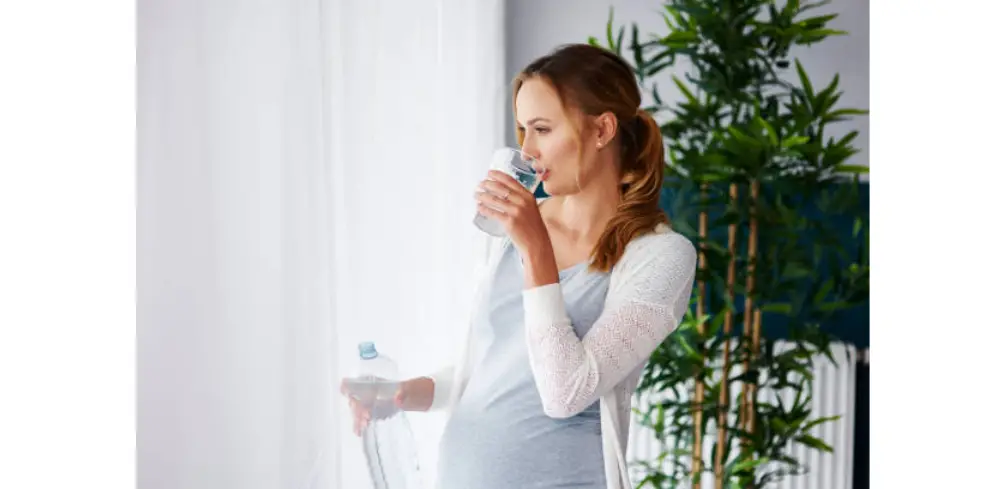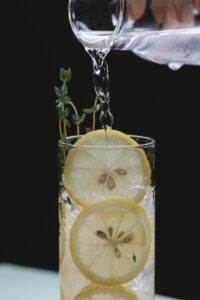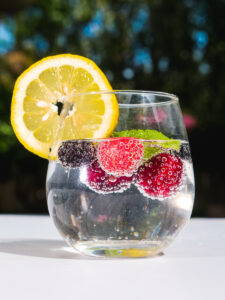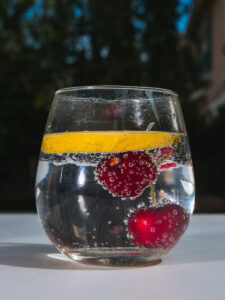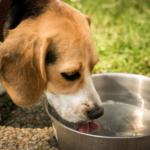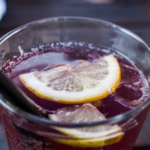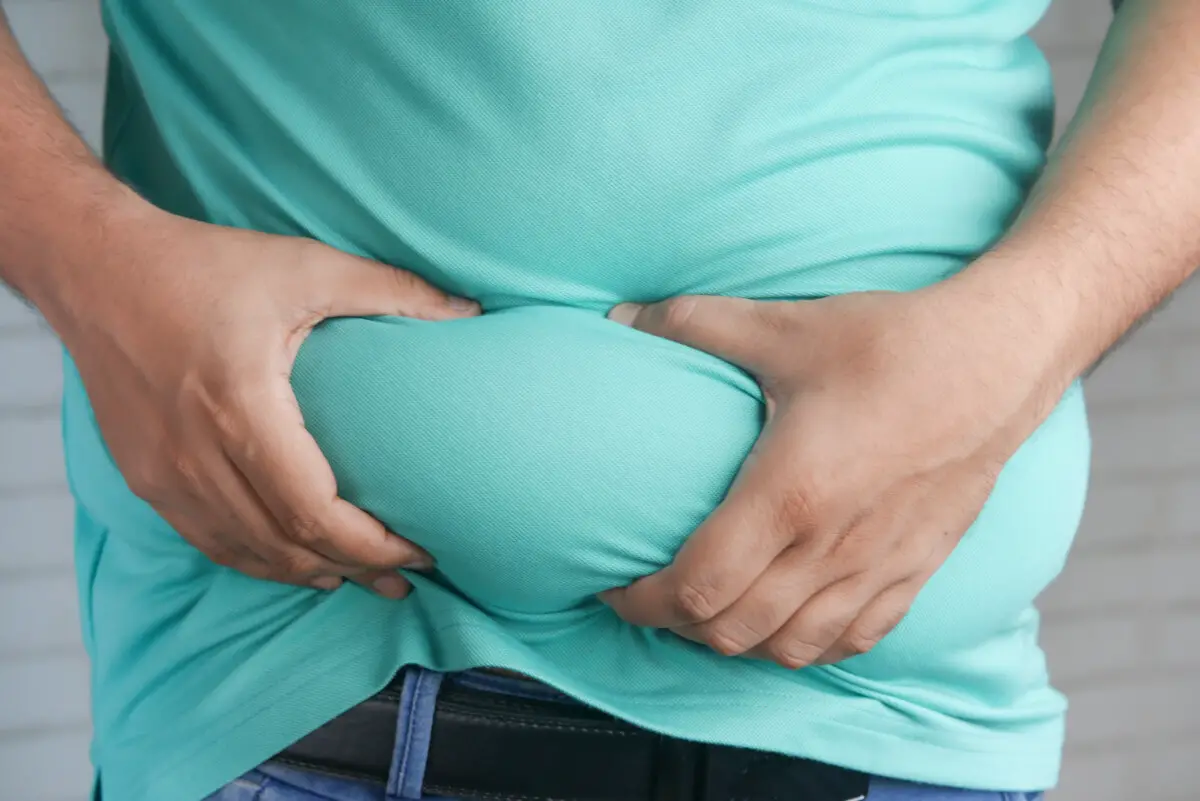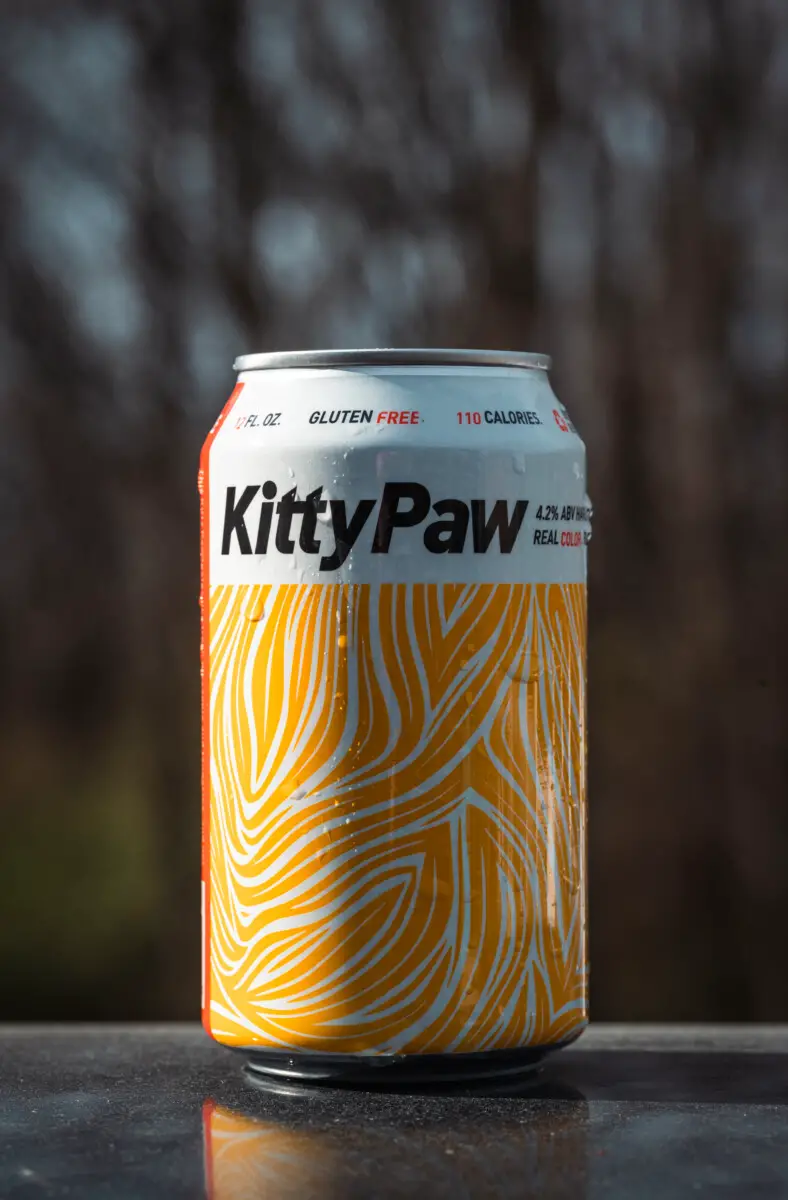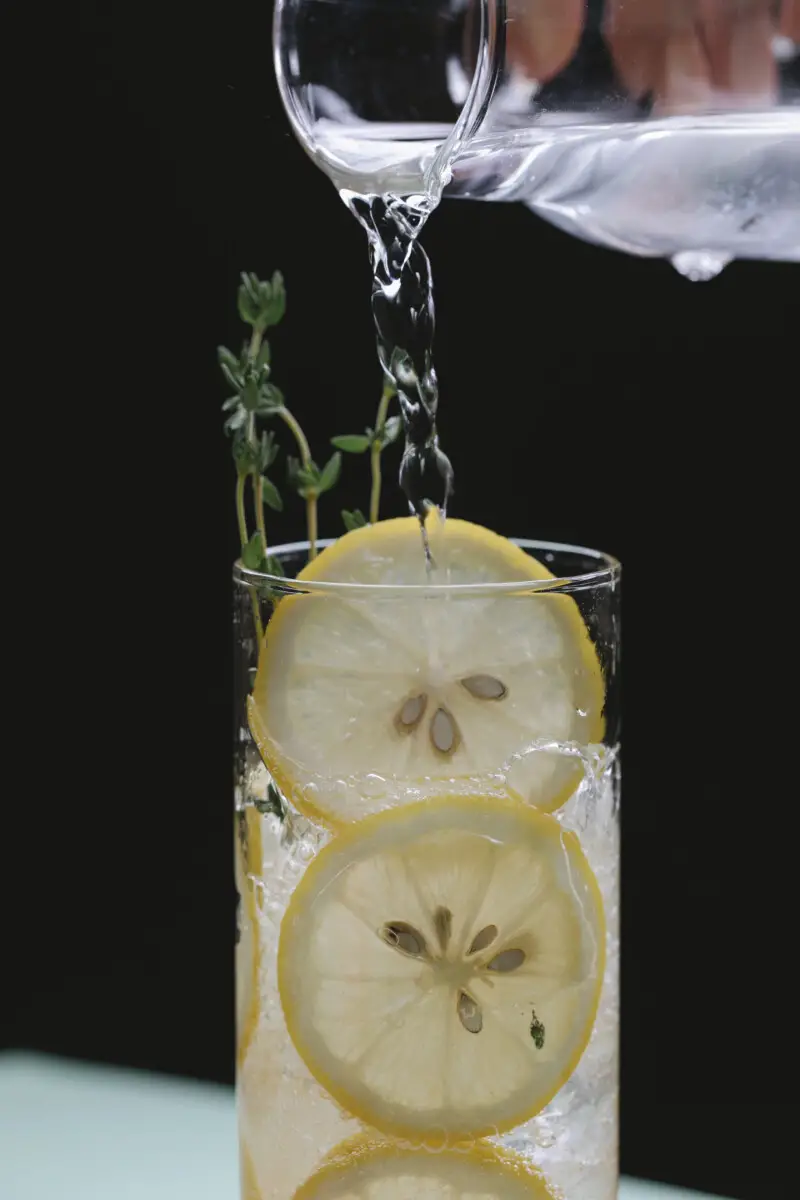Amazon Affiliate Disclaimer
As an affiliate, we earn from qualifying purchases. We get commissions for purchases made through links in this post.
Can You Drink Sparkling Water While Pregnant?
Pregnant women are often advised to pay special attention to their diet and drinks, particularly when it comes to carbonated drinks such as sparkling water. But can you drink sparkling water while pregnant? Is it safe, and what should you look out for?
This article will explore the safety of sparkling water for pregnant women and provide some advice on the potential side effects and alternatives.
- Can You Drink Sparkling Water While Pregnant?
- The Safety of Sparkling Water For Pregnant Women: What Does Research Say?
- Potential Side Effects of Drinking Sparkling Water During Pregnancy
- Alternatives to Sparkling Water for Pregnant Women: What Other Drinks Can They Enjoy?
- The Role of Caffeine in Sparkling Water
- Recommended Daily Intake
- Conclusion
The Safety of Sparkling Water For Pregnant Women: What Does Research Say?
According to the American Pregnancy Association, there is no evidence that drinking sparkling water has any adverse effects on pregnant women or their unborn babies. In fact, sparkling water is often recommended as a safe and healthy alternative to sugary and caffeinated drinks. However, it is important to note that the carbon dioxide in sparkling water may cause some bloating or gas, which can be uncomfortable for pregnant women.
The key things to look out for when drinking sparkling water during pregnancy are caffeine and sugar. Most sparkling waters are caffeine-free and sugar-free, but it is always important to check the label to make sure. If sparkling water does contain caffeine, then it is advisable to limit your intake. Similarly, if sparkling water contains sugar, then it is best to avoid it altogether.
Potential Side Effects of Drinking Sparkling Water During Pregnancy
As mentioned, the main potential side effect of drinking sparkling water while pregnant is bloating and gas due to carbon dioxide. This can be uncomfortable and even painful for some pregnant women, so it is important to be aware of this potential side effect. There is also some concern about the mineral content of sparkling water, as some brands contain high levels of sodium and other minerals that may not be suitable for pregnant women. Again, it is important to check the label before drinking.
Additionally, some sparkling waters contain added flavors or sweeteners, which may have an adverse effect on the developing fetus. Artificial sweeteners, such as aspartame, have been linked to potential health risks and should be avoided during pregnancy. However, natural sweeteners like fruit juice can be consumed in moderation. Pregnant women should also be cautious of sparkling water with added caffeine, as the American College of Obstetricians and Gynecologists (ACOG) recommends that pregnant women limit their intake of caffeine. High caffeine intake during pregnancy can lead to an increased risk of miscarriage and low birth weight.
It is also important to note that sparkling water can be dehydrating and may not be the best choice for staying hydrated during pregnancy. Pregnant women should aim to consume at least 8-12 cups of water per day, and sparkling water should not be the sole source of hydration. Drinking tap or purified water as well as consuming hydrating fruits and vegetables, can provide adequate hydration throughout pregnancy.
Finally, it is essential to consult with your healthcare provider before making any significant changes to your diet during pregnancy. They can provide personalized recommendations based on your health and pregnancy history.
Alternatives to Sparkling Water for Pregnant Women: What Other Drinks Can They Enjoy?
If you are looking for a refreshing drink while pregnant, there are plenty of options to choose from. Water is always a great choice, as it is naturally hydrating and calorie-free. Coconut water is also a great alternative, as it is packed with essential vitamins and minerals. Other non-carbonated drinks include:
- Herbal Teas: Herbal teas such as chamomile, ginger, and peppermint are safe to drink during pregnancy, as they are caffeine-free and contain no artificial sweeteners.
- Coconut Water: Coconut water is a great source of electrolytes and minerals, making it a great choice for pregnant women who are looking to stay hydrated.
- Fruits & Vegetable Juices: Fruits and vegetable juices are a great way to get a variety of vitamins and minerals. Just make sure to avoid unpasteurized juices.
- Milk: Milk is a great choice for pregnant women, as it contains protein, calcium, and other essential vitamins and minerals.
- Smoothies: Smoothies are a great way to get a variety of fruits and vegetables into your diet. Just make sure to avoid adding any unpasteurized ingredients.
- Kombucha: Kombucha is a fermented tea that is low in sugar and contains probiotics, making it a great choice for pregnant women.
- Bone Broth: Bone broth is rich in minerals and contains collagen, making it a great choice for pregnant women.
- Water Infusions: Water infusions are a great way to get added flavor and nutrients to your water. You can add fresh fruits, herbs, and vegetables to your water to create your own unique combinations.
The Role of Caffeine in Sparkling Water
It is important to note that some sparkling waters do contain caffeine, so it is always important to check the label before drinking. Caffeine is known to cross the placenta, so there is some concern that it may affect the unborn baby. The American College of Obstetricians and Gynecologists advises pregnant women to limit their intake of caffeine to 200mg a day, or the equivalent of two 8-ounce cups of coffee.
Recommended Daily Intake
There is no specific guideline on how much sparkling water is safe to consume while pregnant, as it is generally considered to be a safe and healthy choice. However, it is important to remember that the carbon dioxide in sparkling water may cause some bloating and gas, so it is best to limit your intake.
It is also recommended that pregnant women should not rely solely on sparkling water as their source of hydration and should aim to consume at least 8-12 cups of water per day from a variety of sources, such as tap or purified water, as well as hydrating fruits and vegetables.
Additionally, it’s important to check the label for any added flavors, sweeteners, caffeine, and high levels of sodium and other minerals that may not be suitable for pregnant women. Some sparkling waters contain added flavors or sweeteners, which may have an adverse effect on the developing fetus. Artificial sweeteners, such as aspartame, have been linked to potential health risks and should be avoided during pregnancy. However, natural sweeteners like fruit juice can be consumed in moderation. Pregnant women should also be cautious of sparkling water with added caffeine, as previously mentioned above.
It’s important to note that every pregnant woman’s body is different and what may be safe for one woman may not be for another. Therefore, it is important to consult with your healthcare provider about your specific needs and concerns when it comes to drinking sparkling water during pregnancy. They can provide personalized recommendations based on your health and pregnancy history.
Conclusion
Pregnant women can safely enjoy sparkling water during their pregnancy as long as they are aware of the potential side effects and look out for added caffeine and sugar. It is also important to remember to limit your intake, as carbon dioxide can cause some bloating and gas. There are plenty of other non-carbonated drinks that pregnant women can enjoy, including freshly squeezed fruit juices, herbal teas, and smoothies.
Read also:
- Embracing the Essence: Discovering Natural Mineral Water Sources

- Nourishing the Soul: Mineral Water for Enhanced Digestive Wellness

- Sparkling Mineral Water: Effervescence for the Soul

- Revitalize Your Day: 7 Tips for a Refreshing Hydration Experience with Mineral Water

- Mineral Water Benefits: Exploring the Health Benefits of Drinking Mineral Water

- How to Choose the Healthy Drinks with Mineral Water: Refreshing and Nourishing Options

Please be careful and use at your own risk
None of the authors, contributors, administrators, or anyone else connected with Water Exotic, in any way whatsoever, can be responsible for your use of the information contained in or linked from these web pages.

